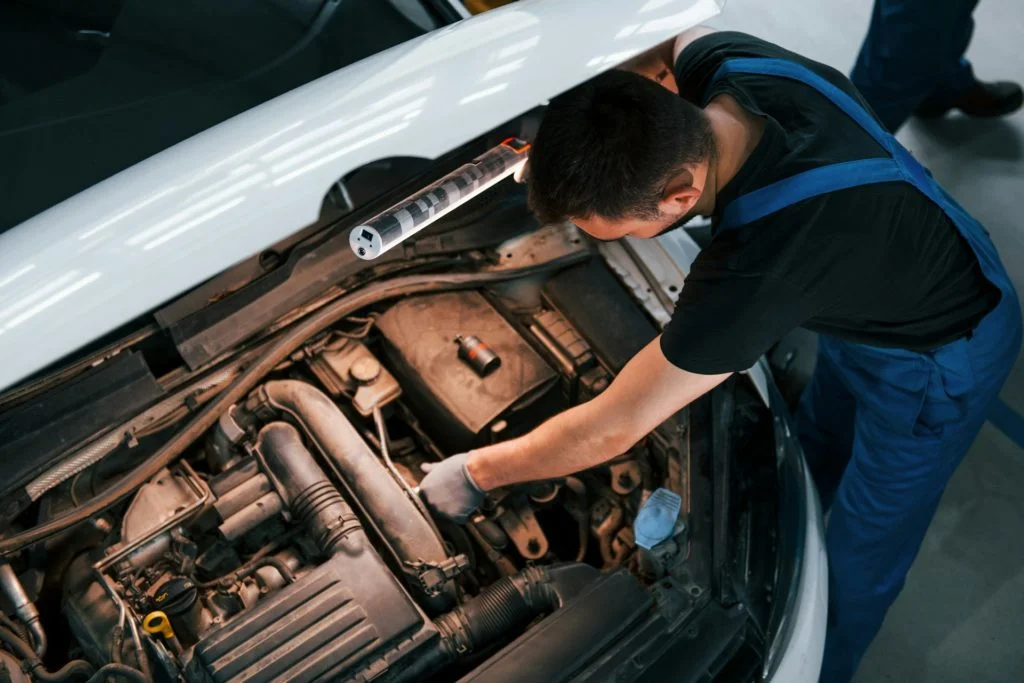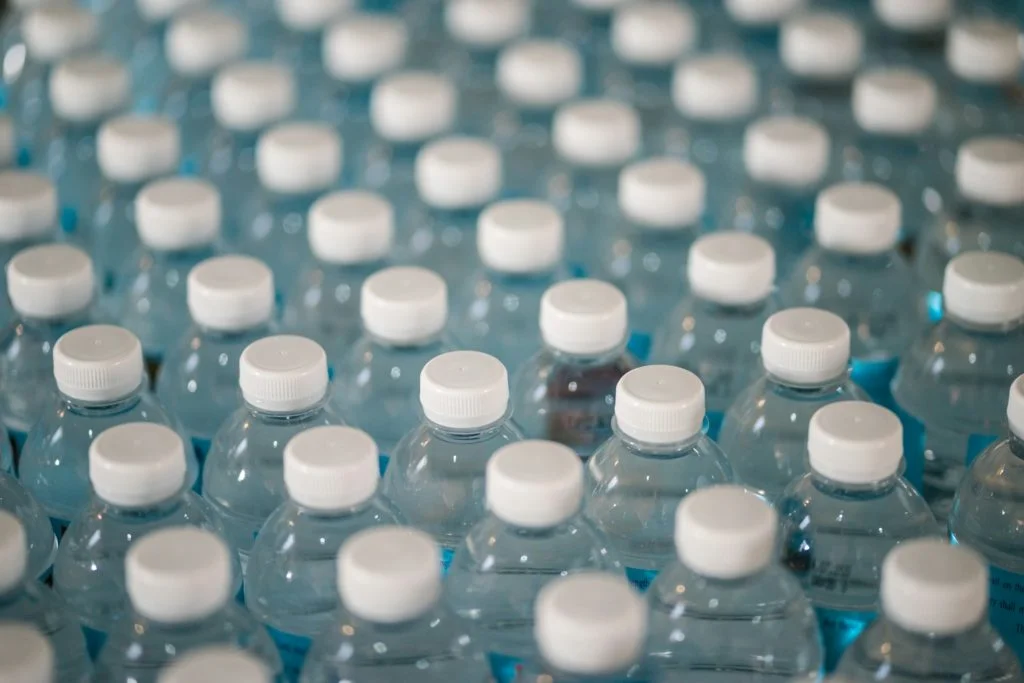One of the major challenges faced by the steel and manufacturing industry, alongside the automotive sector, is the efficient and responsible management of plastic waste. With mounting environmental concerns and stringent regulations, manufacturers must adopt sustainable solutions for handling their waste plastic materials.
In this context, plastic reprocessing emerges as an effective method to not only tackle the issue of waste management but also contribute to a greener, more sustainable operation.
Pulse Plastics, a leading UK-based independent specialist plastic solution provider, focuses on promoting the benefits of plastic reprocessing within the steel and manufacturing industry. The company’s expertise in converting waste plastic materials into high-quality, reusable raw materials provides manufacturers with the opportunity to integrate these reprocessed plastics back into their operations, thereby creating a closed-loop system.
In this blog, we will delve deeper into the role of plastic reprocessing in the steel and manufacturing industry, exploring its potential to drive sustainable operations and improve waste management. We will discuss the benefits of adopting a closed-loop system in the context of reducing waste plastic output, enhancing operational efficiency, and decreasing material costs, all while contributing to a positive environmental impact.
1. The Importance of Plastic Reprocessing for the Steel and Manufacturing Industry
The steel and manufacturing industry generates a significant amount of waste plastic during various stages of production. Managing this waste efficiently and responsibly is crucial not only for complying with environmental regulations but also for maintaining and building a business reputation as a socially responsible manufacturer. Plastic reprocessing addresses this need by providing a viable and eco-friendly alternative to traditional plastic disposal methods.
Pulse Plastics specialises in converting waste plastic materials into reusable, high-quality raw materials, allowing the industry to reintegrate the reprocessed plastics back into their operations and create a closed-loop system. This has many advantages, including conserving resources, reducing emissions and waste, and enhancing operational efficiency.
2. Benefits of Implementing a Closed Loop System using Plastic Reprocessing
Adopting plastic reprocessing and integrating a closed-loop system within the steel and manufacturing industry comes with numerous advantages:
- Environmental Responsibility: Companies can significantly reduce their environmental footprint by implementing a closed-loop system using plastic reprocessing. This practice helps minimise the consumption of raw materials, reduce plastic waste generation, and lower greenhouse gas emissions associated with the production of new plastics.
- Operational Efficiency: The use of reprocessed plastics can streamline the production process by providing a consistent and reliable supply of high-quality raw materials. This consistency results in fewer disruptions in production and better optimisation of resources.
- Cost Savings: Leveraging reprocessed plastics enables manufacturers to cut their material costs and enjoy other financial benefits. Instead of paying to dispose of waste plastics, they can recover and reuse these valuable resources, which may lead to reduced operational costs and a positive impact on their bottom line.
- Regulatory Compliance: By adopting plastic reprocessing as a waste management solution, manufacturers gain a competitive edge in complying with strict environmental regulations. Demonstrating their commitment to sustainability enables these businesses to maintain a positive relationship with regulators and reinforces their position as responsible industry players.
3. Plastic Reprocessing and Industry Collaboration
The success of implementing plastic reprocessing and closed-loop systems depends heavily on effective communication and collaboration among industry players. Various stakeholders need to be involved to ensure that the waste plastic materials generated by the industry are collected, reprocessed, and reintegrated effectively, creating a seamless process that benefits all parties.
True success in plastic reprocessing and sustainable waste management will rely on the collective efforts of manufacturers, waste management companies, and plastic solution providers like Pulse Plastics. These collaborations can ultimately result in more efficient processes, better business models, and a greener industry as a whole.
4. Strategies for Transitioning to Plastic Reprocessing and Closed Loop Systems
Companies interested in adopting plastic reprocessing as part of their sustainable waste management strategy can follow several steps:
- Assessing Material Usage: Businesses should first evaluate their current plastic usage and waste generation to identify opportunities for improvement, including potential savings and waste reduction through reprocessing.
- Partnering with Reliable Providers: It’s crucial to choose a reliable plastic reprocessing provider, such as Pulse Plastics, to ensure high-quality material recovery and reintegration into the manufacturing process.
- Establishing Effective Waste Collection: Companies must develop efficient waste collection and management systems to ensure the seamless flow of waste plastic materials to the reprocessing facility, enabling optimal results in the closed-loop system.
- Communicating the Benefits: Encourage team members and stakeholders to embrace the benefits of plastic reprocessing and closed-loop systems, fostering a business culture that promotes sustainability and operational efficiency.
Final Thoughts
Plastic reprocessing presents tremendous potential for the steel and manufacturing industry in terms of waste management and sustainable operations. Implementing a closed-loop system can lead to significant environmental advantages, operational streamlining, and cost savings.
Collaboration between industry players and the adoption of innovative approaches, such as plastic reprocessing by Pulse Plastics, are fundamental steps in achieving success.
Embracing the potential of plastic reprocessing and closed-loop systems will ultimately result in a more sustainable, efficient, and prosperous future for the steel and manufacturing industry. Contact our team to get started with our reprocessing plastic solutions today!


